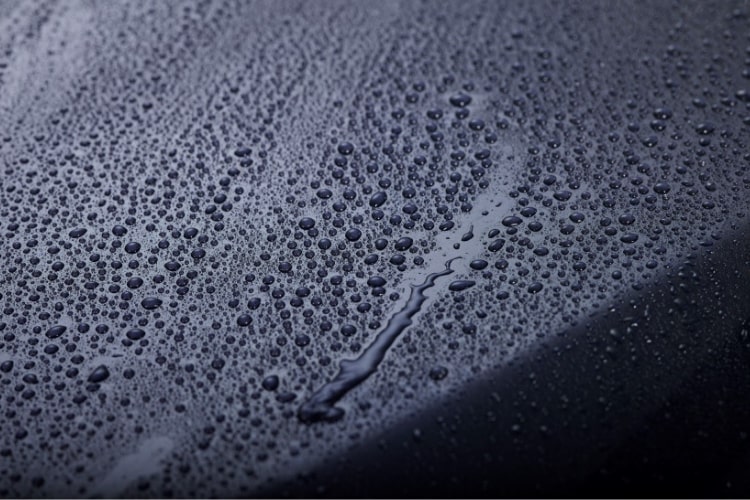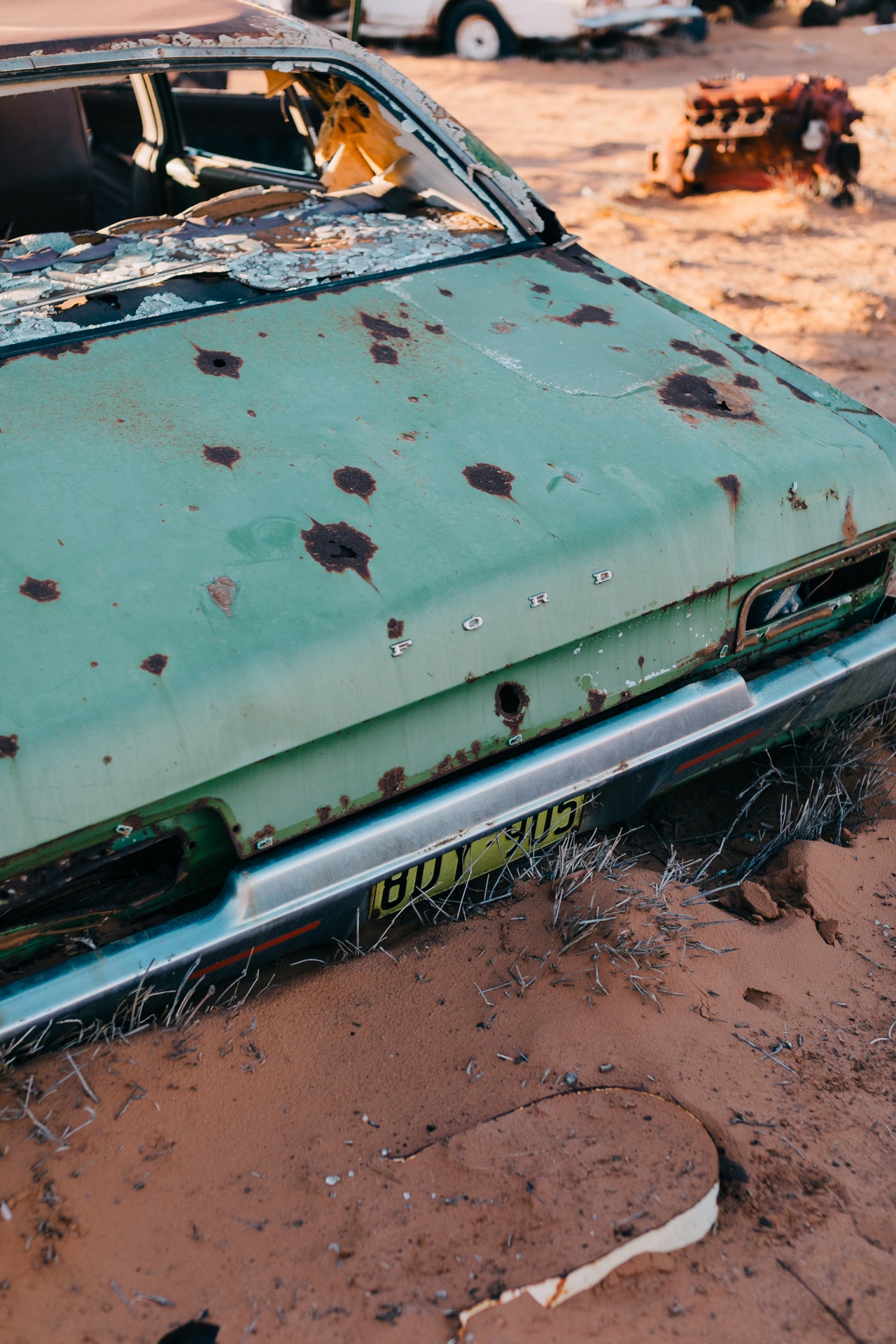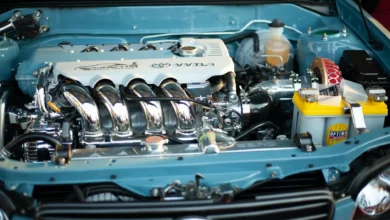Car coating: what is it?
After buying a car, you will probably want it to remain looking clean, sleek, and brand new for a long time to come. Yet, over time, chips, swirls, and stains will accumulate. Reapplying car wrapping and paint is one way to restore your car’s exterior. A professional car coating can be an additional layer to consider.
What is Car Coating
Car coating is a protective layer that protects your new paint job, but also makes your car look better. There are two primary types of coatings: Ceramic and Glass.
Ceramic Car Coating (SiC)
A ceramic coating is a liquid polymer made of silicon (Si) and carbon (C) that chemically bonds with the vehicle’s paint, creating a layer of protection. Ceramic coating is also more resistant to acidic and alkaline coats than glass coatings.
As ceramic coating is hydrophobic, meaning water will bead and flow off, making cleaning a lot easier.

A ceramic coating creates a permanent or semi-permanent bond with a vehicle’s paint. This tough bond ensures that the coating does not wash away or break down. Therefore, you do not need to reapply your car coating every few months. It is also relatively quick to apply.
Glass Car Coating (SiO2)
Silicon dioxide, or silica, is the main component in producing glass, which is where the name glass coating comes from. As glass is extremely unreactive, it cannot connect to anything on its own. Resins in the glass coating allows it to adhere to the paint like glue. Although glass coating is generally tougher and lasts longer than ceramic coatings, the resins used are not very resistant to chemicals and cleaners with high or low pH’s. So do be careful with what you wash your car with to prevent you coat from degrading.
Protection
Both types of coating protects your car from UV rays, chemical stains, and etching.
UV Protection
If a vehicle is exposed to the sun too often, its paint will begin to oxidize. As paint oxides it becomes dull. Coating protects a vehicle’s paint from the sun’s ultraviolet rays, thereby reducing the amount of oxidization.
Chemical Stains and Etching Protection
Naturally acidic contaminants can damage your car. Since ceramic coating is a chemically resistant surface, it prevents contaminants from reacting with your car’s paint. The contaminant can still do damage if left unattended, so remove any stains quickly.

Gloss
If you want your paint to pop with gloss, coating is the way to go. Ceramic coating enhances the reflective properties of your car’s paint and clear coat, therefore adding to the depth and clarity of your paint.
All in all, it really depends on your available budget and time, as well as what you want out of the coating. It is imperative that you apply coatings to properly maintain your car’s appearance and protect both the paint and metal from damage. Maintaining your car well will definitely help with the sale value whenever you decide to sell it.






